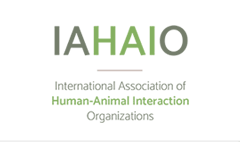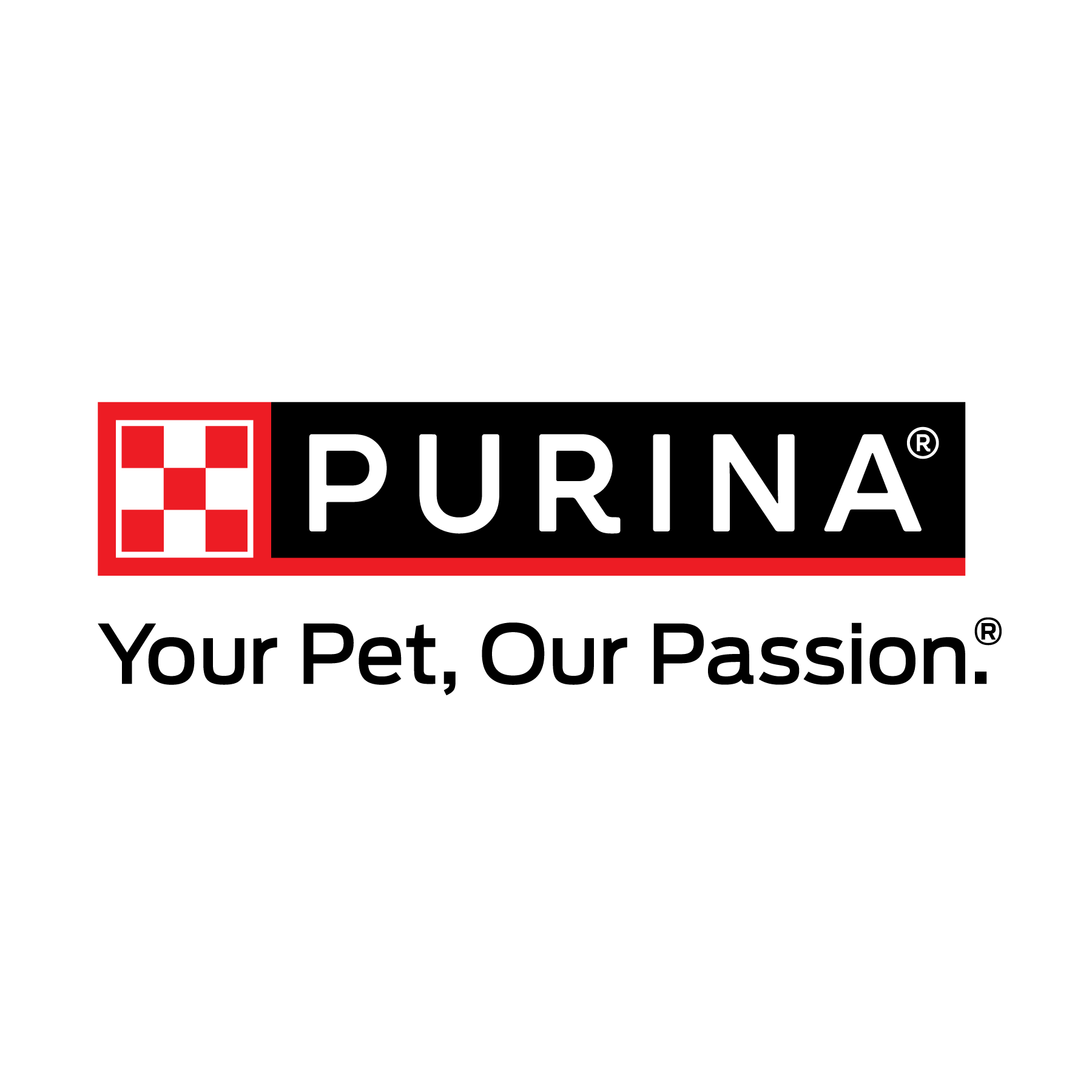Abstract
Organizations are introducing therapy dog programs at a growing rate. Standards and guidelines for including therapy dogs in programs with people are also being developed and made available to those implementing such programs. How organizations are implementing programs, how they are aligning with available standards, and the presence of any barriers and facilitators to their implementation has been largely unexplored. Therefore, the aim of our review was to summarize the literature available on the implementation of therapy dog programs within organizational settings. Furthermore, we aimed to summarize available descriptions of program practices and their alignment with best practice guidelines, and any barriers or facilitators described by organizational stakeholders that may influence therapy dog program implementation. A scoping review was conducted searching the databases CINAHL, psycINFO, ERIC, Web of Science, and PubMed, which resulted in the selection of 23 papers for inclusion. The literature revealed that visiting therapy dog programs were most popular among organizations due to a perceived reduced risk, as well as decreased costs and responsibility for training and assessment of the therapy dogs and handlers. A large degree of inconsistency was found across organizational policies and practices, as well as organizational understanding of available training and standards of practice. Translation of guidelines into practice and clarity regarding content of training for practitioners appear to be lacking within the industry. Consistent concerns from organizational perspectives include the risks of disease, safety issues, and worries of fears and phobias about dogs. Further research should consider exploring aspects for improving translation of guidelines into practice for therapy dogs within organizations to enhance consistency in practices and policies. Longitudinal studies of therapy dog program practices within organizations, across various industry types, could also provide insight into whether differing needs may exist.
Recommended Citation
Mundy, Laura; Driscoll, Carlie; and Young, Janette
(2025)
"Introducing Therapy Dog Programs Within Organizational Settings: A Scoping Review of Implementation Processes and Practices,"
People and Animals: The International Journal of Research and Practice: Vol. 8
:
Iss.
1,
Article 5.
Available at:
https://docs.lib.purdue.edu/paij/vol8/iss1/5


